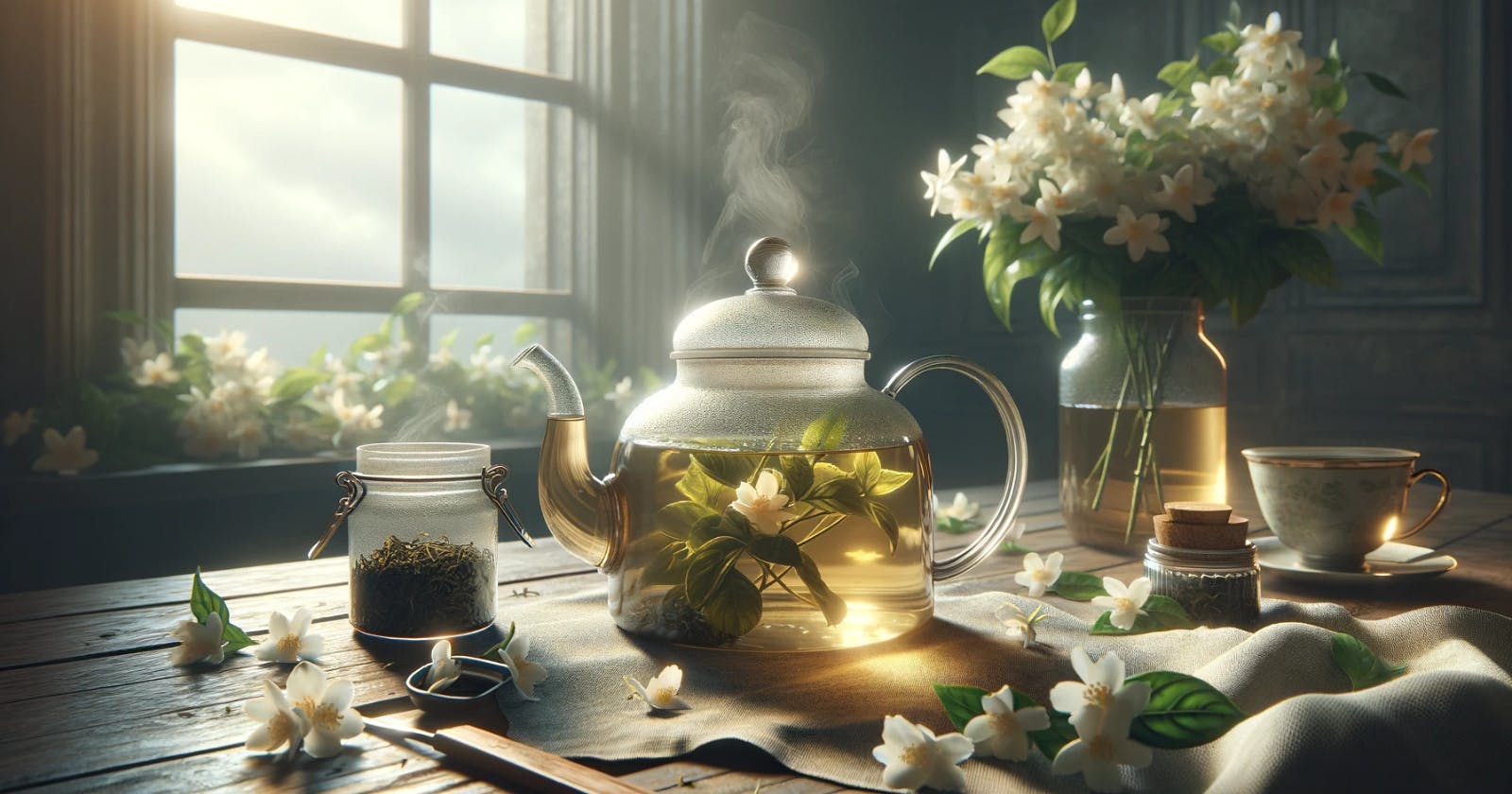Jasmine tea is a popular beverage enjoyed by many people around the world. It is a type of tea that is made by combining green tea leaves or black tea leaves with jasmine flowers.
This unique combination gives jasmine tea a delightful aroma and a subtle, sweet flavor. However, one question that often arises is whether jasmine tea contains caffeine.
In this article, we will explore this question and provide you with a comprehensive understanding of caffeine levels in jasmine tea.
What is Caffeine?
Caffeine is a natural stimulant found in many plants, including tea leaves, coffee beans, and cocoa beans. It is a substance that can help you feel more alert and awake by blocking the effects of adenosine, a chemical in the brain that makes you feel tired.
Caffeine is also known to improve mood, increase focus, and enhance physical performance.
Caffeine Content in Tea
Tea leaves naturally contain caffeine, and the amount of caffeine present in a cup of tea can vary depending on several factors, such as the type of tea, the brewing time, and the number of tea leaves used.
Generally, black tea has the highest caffeine content, followed by oolong tea, green tea, and white tea.
Caffeine Content in Jasmine Tea
Jasmine tea is typically made from either green tea leaves or black tea leaves. Therefore, the caffeine content in jasmine tea will depend on the type of tea leaves used.
If jasmine tea is made from green tea leaves, it will have a lower caffeine content than if it is made from black tea leaves. On average, a cup of jasmine green tea contains around 25-35 milligrams of caffeine, while a cup of jasmine black tea can contain up to 50-60 milligrams of caffeine.
It is important to note that the caffeine content can also vary depending on the brand and the brewing method. Stronger brews or using more tea leaves can increase the caffeine content, while shorter brewing times or using fewer leaves can decrease the caffeine content.
Factors Affecting Caffeine Content
Several factors can influence the caffeine content in jasmine tea:
Type of tea leaves used (green or black)
Brewing time
Amount of tea leaves used
Brand and quality of tea
Water temperature
Conclusion
In summary, jasmine tea does contain caffeine, but the amount can vary depending on several factors, such as the type of tea leaves used (green or black), brewing time, and the amount of tea leaves used.
If you are sensitive to caffeine or trying to limit your caffeine intake, it is recommended to opt for jasmine green tea, which has a lower caffeine content than jasmine black tea.
Additionally, you can adjust the brewing time and the amount of tea leaves used to control the caffeine levels in your cup of jasmine tea.

